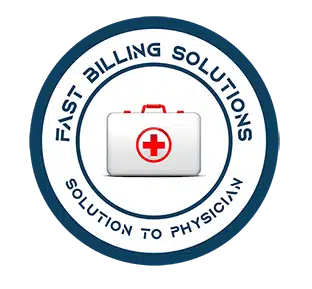The HIPAA 1996 Act is a law by the federal government. This law enforces healthcare providers and practices to create national standards for protecting the sensitive health information of patients from being revealed without the knowledge or consent of patients. The United States Department of HHS has specific privacy rules for implementing the HIPAA requirements. Therefore HIPAA-compliant medical billing becomes significant in the industry.
HIPAA-Compliant Medical Billing Privacy Rule
The standards of the Privacy Rule address the disclosure and use of health information of individuals by entities. These organizations and individuals are known as covered entities. There are also standards for the rights of individuals to control and understand how to use their health information. The privacy rule’s major goal is to make sure that the health information of individuals is protected appropriately while permitting the health information flow essential for promoting and providing top-quality healthcare. It is also essential to protect the well-being and health of the public.
The rule maintains a balance, allowing significant information uses while safeguarding people’s privacy who seek healing and care. Therefore, HIPAA-compliant medical billing becomes essential.
Covered Entities
Different types of organizations and individuals are subject to this rule. The ones that are known as the covered entities are as follows:
- Healthcare providers
- Health plans
- Healthcare clearinghouses
- Business associates
There can be some exceptions in healthcare plans that we will discuss in detail in our next blogs.
HIPAA Security Rule
HIPAA Privacy protects PHI (health information) and the rule of Security safeguards the information that the Privacy rule covers. A covered entity must ensure the following to ensure HIPAA compliance:
- Ensure the integrity, availability, and confidentiality of the health information that is protected electronically.
- Find and protect against probable intimidation to the information security.
- Certify workforce compliance.
- Safeguard against possible impermissible disclosures or uses.
A covered entity must ensure professional ethics while right judgment when it comes to permissive disclosures and uses. The HHS enforces HIPAA-compliant medical billing rules and every single complaint must reach the office. A HIPAA violation can result in criminal or civil monetary penalties.
You May Also Read: 5 Factors to Consider When Choosing Medical Coding Services
